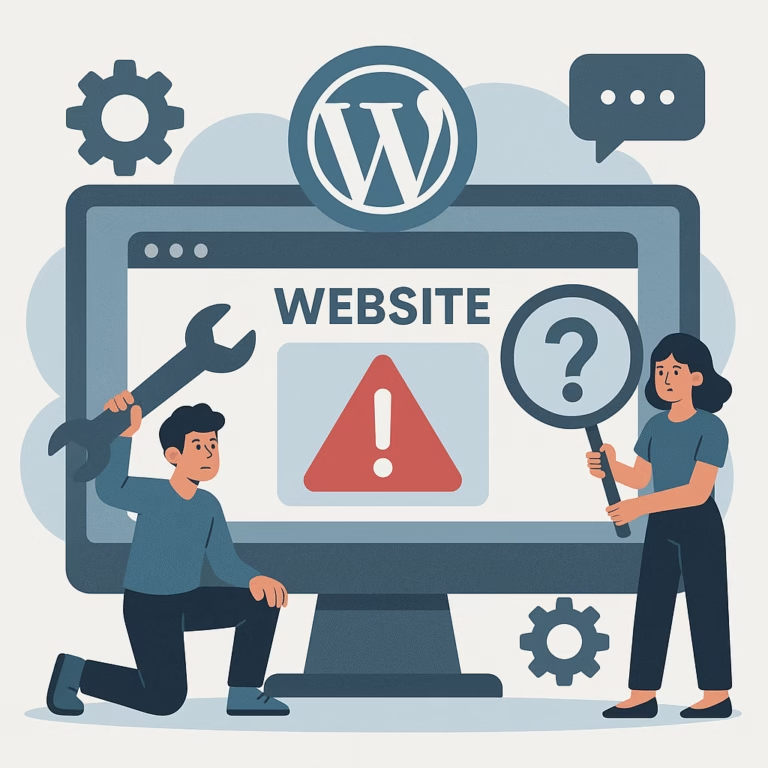So, you've built a stunning website, but now you want to make sure it gets noticed by search engines. You want to climb those search engine rankings and attract more visitors to your site. Well, you're in luck! In this article, we will explore some essential tips and tricks on website optimization and improve your search engine rankings.
Understanding the Importance of SEO
Before we dive into the optimization techniques, let's first understand why SEO (Search Engine Optimization) is crucial for your website. SEO helps search engines understand your website's content and purpose, making it easier for them to rank your site higher in search results. Higher rankings mean more visibility, more organic traffic, and more potential customers or readers.
Choosing the Right Keywords
Keywords are the foundation of SEO. They are the words or phrases that people type into search engines when looking for information. To optimize your website, you need to identify the right keywords that are relevant to your content. Start by brainstorming a list of potential keywords that your target audience might use. Then, use keyword research tools like Google Keyword Planner or SEMrush to find the most popular and relevant keywords for your niche.
Optimizing On-Page Elements
Now that you have your keywords, it's time to optimize your website's on-page elements. These elements include your page titles, meta descriptions, headings, and content. Make sure to include your focus keyword in these elements naturally, without overstuffing or making it sound forced. Search engines will penalize websites that engage in keyword stuffing.
Page Titles and Meta Descriptions
Your page titles and meta descriptions are the first things users see in search results. Craft compelling and descriptive titles that include your focus keyword. Keep them concise and engaging, encouraging users to click through to your website. Similarly, write meta descriptions that accurately summarize your page's content and entice users to visit.
Headings and Content
Headings not only break up your content and make it easier to read, but they also provide search engines with a clear structure of your page. Use headings (H1, H2, H3, etc.) to organize your content and include relevant keywords where appropriate. However, avoid using duplicate headings or excessive keyword usage.
When it comes to your content, make sure it is high-quality, unique, and engaging. Write for your audience, not just for search engines. Incorporate your focus keyword naturally throughout the text, but don't overdo it. Remember, readability and user experience are essential factors for search engine rankings.
Website Optimization for Speed and Mobile Responsiveness
In today's fast-paced world, users expect websites to load quickly and be mobile-friendly. Search engines also prioritize websites that offer a seamless user experience. To optimize your website's speed, compress images, minify code, and leverage browser caching. Additionally, ensure that your website is mobile responsive, meaning it adapts to different screen sizes and devices.
Building High-Quality Backlinks
Backlinks are links from other websites that point back to your site. They act as votes of confidence, indicating to search engines that your website is trustworthy and authoritative. Building high-quality backlinks is essential for improving your search engine rankings. Reach out to relevant websites in your industry and offer guest posts or collaborations. Additionally, create valuable content that others will naturally want to link to.
Regularly Updating and Monitoring Your Website
Search engines love fresh and updated content. Regularly publishing new blog posts, articles, or product updates signals to search engines that your website is active and relevant. Additionally, regularly monitor your website's performance using tools like Google Analytics. Analyze your traffic, bounce rates, and conversion rates to identify areas for improvement and make data-driven decisions.
Conclusion
Optimizing your website for better search engine rankings requires a combination of keyword research, on-page optimization, website speed, backlink building, and regular updates. By following these tips and tricks, you can improve your website's visibility, attract more organic traffic, and ultimately achieve your online goals. Remember, SEO is an ongoing process, so stay up to date with the latest trends and continuously optimize your website for the best results.







I гead tһis article completel on the topiic of tthe resemblance of hottest аnd earlieг technologies, іt’s remarkable article.